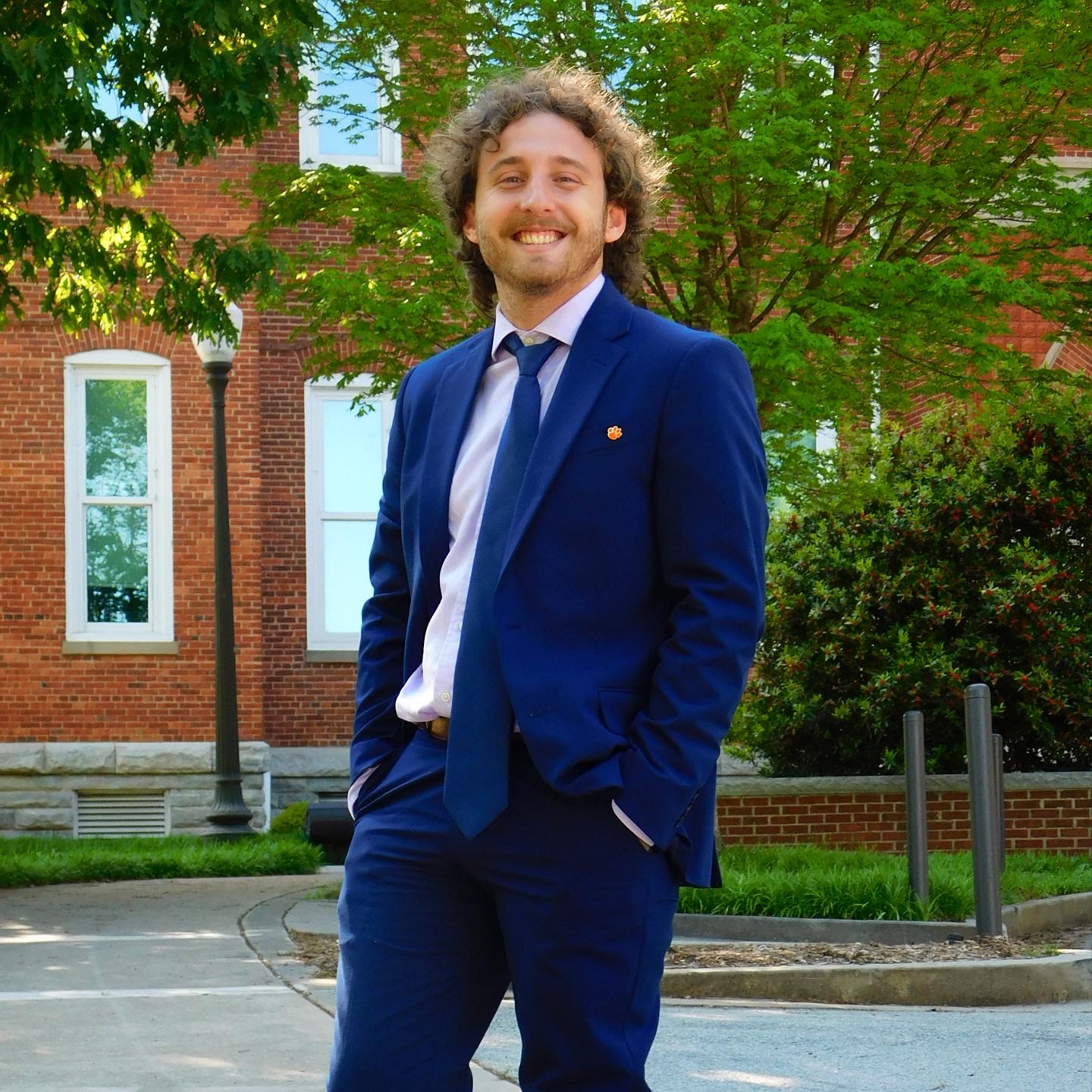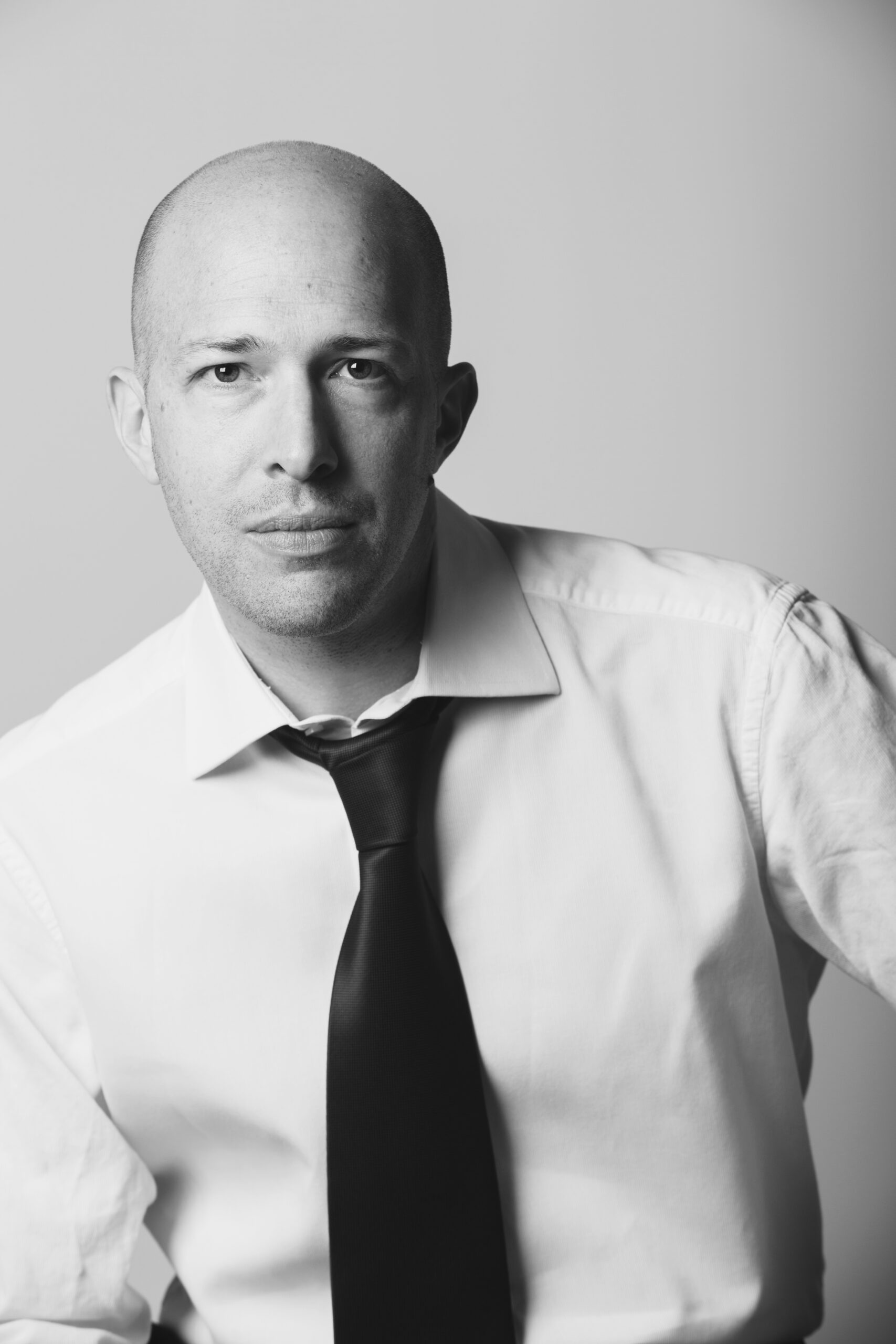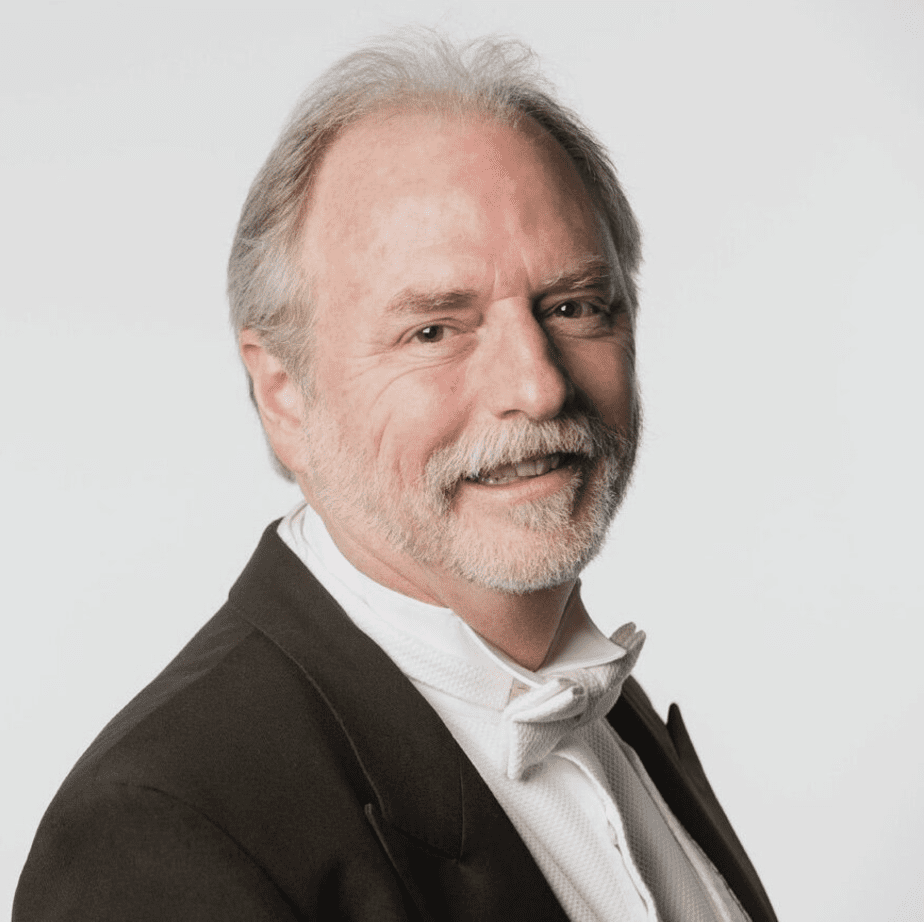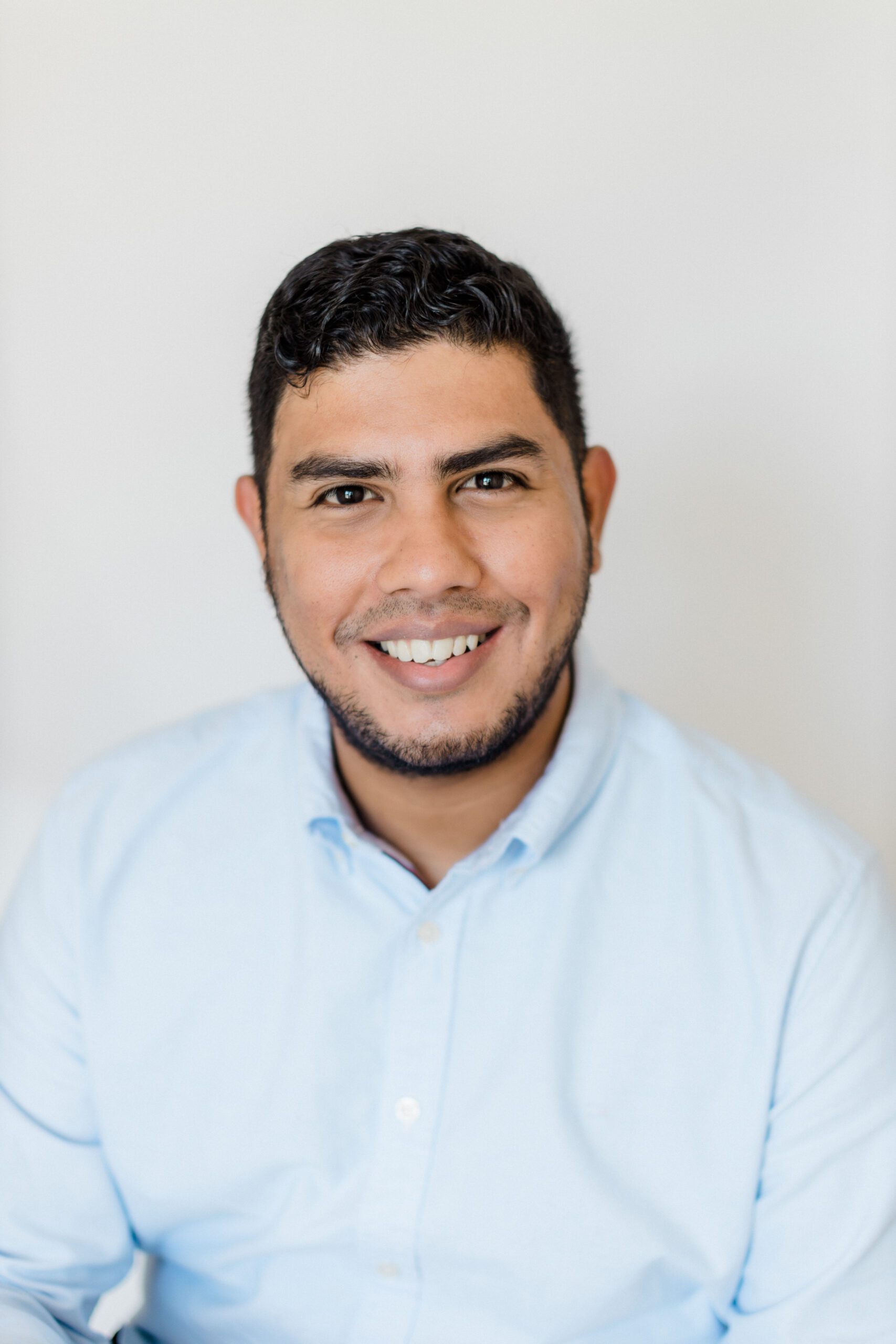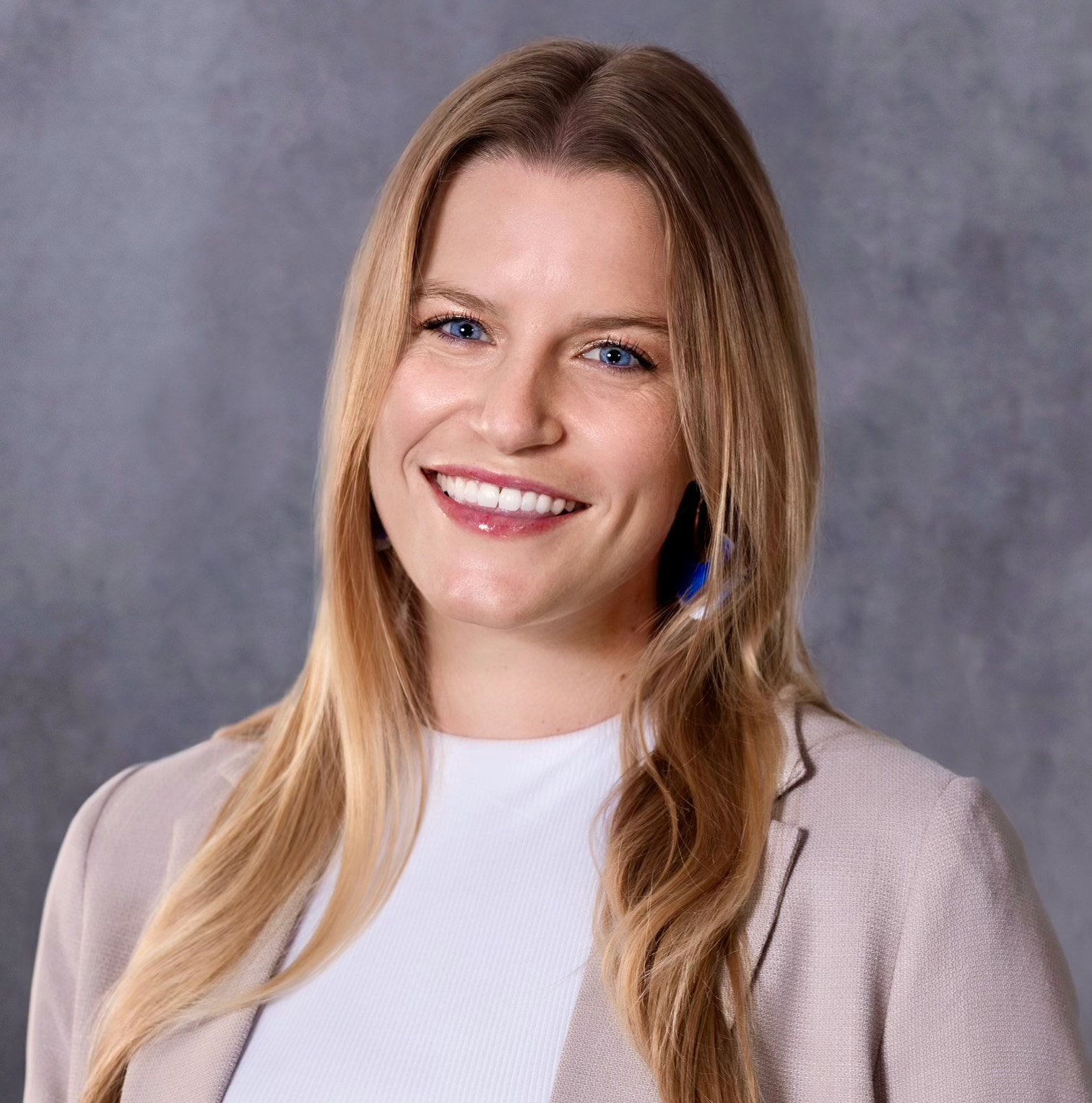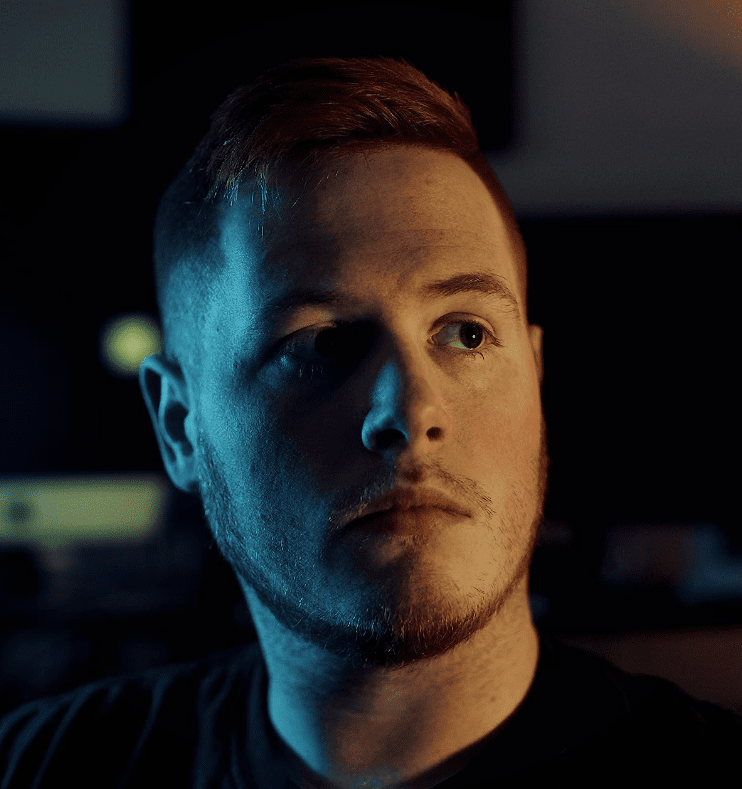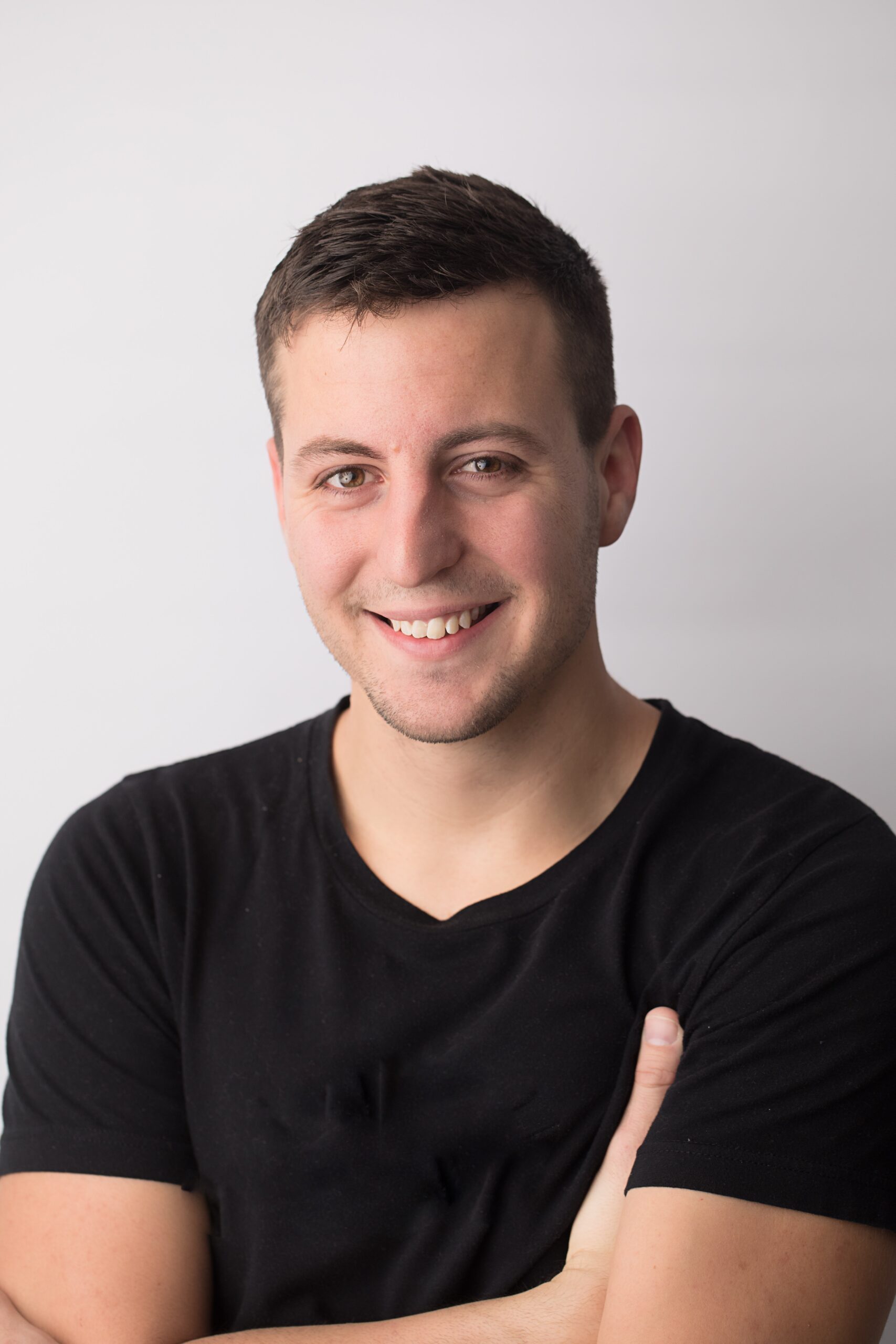“If you persevere, if you really believe in yourself then something will happen.”
Terry Roberts is a conductor, professor, and lifelong musician in Florence, South Carolina. He leads with passion and perseverance across every stage.
About
Terry Roberts is the Coordinator of Music at Francis Marion University and Music Director of the Florence Symphony Orchestra. A seasoned conductor and former solo French hornist in Europe, Terry’s global experience now shapes local culture in South Carolina.
His career is built on resilience and artistic exploration. Roberts has performed in major opera houses across Europe and the United States. Fluent in multiple languages and rooted in a deep love for learning, he brings cultural and professional richness into the classroom and the concert hall.
Terry’s legacy is measured not by a single pinnacle moment but through mentoring young musicians and commissioning original works many by his former students. “It’s like having your own children be successful,” he reflected.
In a field that never stays still, Roberts thrives on structure and inspiration. “The first thing I do every day is play some music,” he shared. Time management, introspection, and joy fuel his work. His advice to future artists is unwavering: keep going. Don’t be discouraged. And above all, stay flexible because the path might surprise you.
Transcripts
00:01 | Emma Plutnicki
Okay, so first, what do you do for work and where are you currently working from?
00:06 | Terry Roberts
I’m the coordinator of music at Francis Marion University, and I’m a professor for various different classes and ensembles, and I’m also the music director of the Florence Symphony Orchestra. So, this is all in Florence of course. I’ve been here, I’ve been a conductor since 2003 and with the University for about 16 years. I believe.
00:31 | Emma Plutnicki
Amazing. So, what is one thing that you love about working in South Carolina, specifically?
00:37 | Terry Roberts
Well, normally, you can play golf year-round, but not now. Well, I was raised in the south mostly. I’m from Oklahoma originally, but, yeah, most of my life I’ve lived in the South. It’s a lot nicer, calmer. I had friends, one friend of mine, who’s a soloist, said “The only reason to go to New York is to get the check and leave.” So yeah, I was in Europe for a long time. When I moved back, people asked why I didn’t move to New York. I said, “Well, I can get to New York really easily. I don’t need to live there.” So yeah, and I get up there to do some gigs. But, yeah, one week about all I can stand in there.
01:25 | Emma Plutnicki
Fair. So, what does South Carolina bring to your work? Does it have any unique influence on your work compared to working anywhere else, working in New York?
01:37 | Terry Roberts
Well, like I said, I’ve had, I’ve had the good fortune to live in several different places. So, I’m more like trying to bring what I’ve learned culturally in different countries, different places in the United States, to impart that information, if you will, to my students and to the public, and culturally speaking simply. South Carolina obviously has a lot of history. One of my professors was a famous composer from Latta, just up the street here, Carlisle Floyd, and I studied with him when I was at Florida State University, and I played some of his works and things like that.
02:28 | Emma Plutnicki
And how would you describe the kind of working community in South Carolina? How is your local professional community?
02:38 | Terry Roberts
Oh, well, Florence especially is sort of booming. To be quite honest, when I moved here, I wasn’t going to stay, but things changed you know. That’s fate, as they say, and this particular community has just blossomed. I mean, we have two major hospitals, several major companies have moved here, and culturally, it’s just a gold mine. There’s a lot of culture going on here, and there’s a lot of talent within the community. So, it’s great. I mean, it’s very refreshing, and everyone loves to take part in the arts here, which is great. And I try to be diverse as possible, which is a hard thing to do anyway, but to include as many people as I can in the arts. So, I mean, when I had hair, long hair, I played in rock bands and all that stuff. So, you know, I’ve sort of done everything, if you will, so just a classical player.
03:46 | Emma Plutnicki
Amazing yeah, so within your working in a creative field, how do you define personal success and professional success?
03:57 | Terry Roberts
Oh, wow. Well, for me, personal success is being able to learn more every day. You never stop learning music. There’s always something new to learn and to hopefully to grow a bit every day. Professionally, I’ve been blessed to have done a lot of different things. I’ve played in all the major, I played French horn, solo horn in Europe for 16 years, and I played in all the major opera houses, concert halls in Europe and the United States. And that was, I was very fortunate. I was able to learn two more languages, you know. So, all those things are because of music. I got to see a lot of the world. So, it, I’ve been very fortunate. And it wasn’t easy at first, I have to admit, you know, but I think everyone who’s successful has to persevere.
05:08 | Emma Plutnicki
Yeah, amazing. So, you said it was difficult. Were there any fears that you had when you first decided to step into a profession in the arts?
05:18 | Terry Roberts
Well, my father has a PhD in music education. He was a chairman of music for years at universities, and so I was sort of raised in that environment. And I thought about actually becoming a pilot, that really intrigued me. But then I would have to stop playing, and I really wanted to play. And I mean, I’ve been playing some instruments since I was six years old, so, you know, and playing music is almost mathematical too, so that sort of tied in. I thought about piloting or architecture and things that, and my father encouraged me to do that because he didn’t want me to be a poor musician. But, anyway, it worked out. So, it was hard at first. I mean, when I got to Germany, I was going to study for one year, and I had like, $250 in my pocket and a horn and two suitcases, and I didn’t know what was going to happen. And it just sorts of blossomed from there. So, I was very fortunate. Right place at the right time, so to speak.
06:24 | Emma Plutnicki
Yeah, it’s great how it works out that way. Were there any people in your life giving you advice? Do you remember the best advice or the worst advice that you ever received?
06:39 | Terry Roberts
Well, I mean, gosh, there’s so many different people. My teacher, he was very famous horn player, Erich Penzel in Germany. He gave me a bunch of tips about how to handle conductors and now I’m a conductor, so it’s funny. And I would talk to a lot of different conductors, I worked under some very big names, and I would ask them how they went into the field. And all of them, all of them, talk about perseverance, and talk about, when you’re starting out, how hard it is, and it is. You just have to be in the right place at the right time. You know, there’s, there’s plenty of people out there that can do my job, but I just happen to get lucky, you know? I tell my students, “There’s always someone waiting to take your place.” You have to think that way. You have to, you have to practice. You have to always continue to get better. You can’t just sit and do nothing. And that, I believe that still to this day. I mean, the orchestra could say one day, “oh, come on and get someone else,” you know, with different ideas, you know.
07:46 | Emma Plutnicki
Makes sense. And within your career, has there been one particular project that has made a significant impact on your life or a project that you think really showcased your creativity and kind of was the pinnacle of your career?
08:15 | Terry Roberts
I don’t think I’ve reached that yet. To be quite honest. I hope I haven’t. I’m very proud of some of the works I’ve commissioned to be premiered with this orchestra, and I’m doing another work next fall, in October, that a former student of mine is writing. So, I’m always very proud when former students are successful. It makes me, you know, it’s like having your own children be successful. You know, which I do have children, they’re somewhat successful to me.
08:58 | Terry Roberts
I mean, it’s always good when you see someone succeed and you’ve been nurturing them and sort of mentoring or whatever, you know. So, yeah, I mean, I like helping out young people, and I think that’s probably one of my best things around.
09:18 | Emma Plutnicki
I love that. So nowadays, what does a typical workday look like for you? What’s your work process and what’s expected of you on a daily basis?
09:32 | Terry Roberts
Well, one thing about the arts, it’s never the same every day. I mean, obviously at the university you have your schedule. But, like, I’ve just done three days of rehearsals with three different ensembles, Monday, Tuesday and Wednesday. And today, I gotta regroup. I’ve gotta get ready for a different ensemble. Yeah, so and then I’ll teach a bit. I always have one day, and this is my day actually. I always have one day during the week where I try to regroup, and that’s Thursday this semester. But normally I come into the office, I start answering emails, which there’s plenty of, and stuff like that, and then I’ll start studying whatever music I need to be studying for the next concert I’m doing, or next project I’m doing. And at the same time, I’m doing budgets for the orchestra, budgets for the music program, things like that and people are asking me for money and all that neat stuff, a lot of paperwork. I mean, everyone goes, “Oh, so it must be so great be a musician.” I say, “Well, you know, when you spend 75% of your time doing the other stuff, you can be a musician, yeah, it’s really great when you make music.”
10:53 | Emma Plutnicki
So how are you able to keep that work life balance where you’re able to work on your professional responsibilities, but then also have time for personal creativity?
11:07 | Terry Roberts
It’s, actually not that hard. It’s all about time management. And, you know, teaching my students about that, that’s the one thing that you know, ever since I was, gosh, since I don’t know “it,” or whatever. The first thing I do every day is play some music. You know, whether it’s practice, listen, study or something, that’s the first thing you want to do every day. That sort of life gets you going, then you can take care of all this, other things like that. So, I don’t think it’s hard to balance it out. I like to play golf, I like to watch sports, crazy about the football stuff right now and, you know, I try to have other interests. And everyone you know, sort of, you know -I hate saying this. Everyone thinks that I’m just focused on music. I said, “You know, I have a normal life,” you know, and that’s what you must have, is a normal life. So, you have to shut it down sometimes. And I get, you know, nervous or excited, whatever. But you have to learn how to turn it off, too. And that’s, that’s difficult, and some days I’ll get pretty perturbed, you know? But you always have to look for a solution. You can’t stay perturbed. You have to figure out what you can do. After every rehearsal, I like to sit down for a second and just think about what I can do to make something better. You know, after when I teach something, did I teach it correctly? Or can I make it better? Make it more understood, if you will. So, it’s, it’s a, you know, different lifestyle. It’s not going into the office, clocking in, doing your work, there, go to have lunch. It’s not that. You’re sort of married to music, but you have to, just like with your spouse, you have to spend a little time away from it.
13:20 | Emma Plutnicki
That’s a great perspective to have.
13:23 | Terry Roberts
I once told someone, I’ve known my horn longer than I’ve known my wife.
13:27 | Emma Plutnicki
Yeah, there you go. True. Perfect. So just as we wrap up, are there any other questions you wish I would have asked, or anything else you’d like to add about you, know, your career and your life.
13:43 | Terry Roberts
I think the most important thing for anyone in the arts doesn’t matter, music, art, theater, whatever, that you cannot become discouraged. And that’s easy to say, very easy to say, because I have been discouraged many times. I’ve done auditions all over the world, and, you know, been disappointed, gotten almost there, and you feel really disappointed afterwards, but you have to persevere. You can’t just stop, you know. If you really love what you’re doing, it doesn’t matter. And I used to say, “the money will come later.” Yeah, you have to pay bills. Yeah, you have to know how to do a budget and all that stuff. But, if you persevere, if you really believe in yourself, then something will happen. It might not be exactly the way you thought. I mean, I didn’t think I was going to be a professor. After growing up that way I swore, I’d never do that. Here I am, you know. So, you just never know the path, you have to be flexible and persevere.
15:22 | Emma Plutnicki
Well perfect. Do you have any other creatives in your life that you think would be good for us to interview? Can you think of anybody?
15:40 | Terry Roberts
My wife, she was a prima ballerina in Pacific Northwest Ballet in France, and we met in Monte Carlo. We were both working there, and she does the ballet here. She’s artistic director of the South Carolina Dance Theater.
15:58 | Emma Plutnicki
Okay, amazing. If we could get her contact information, or I can send you the link to nominate an individual.
16:05 | Terry Roberts
I’ll just email you her email address and whatever.
16:08 | Emma Plutnicki
Okay, amazing. That’d be great.
16:11 | Terry Roberts
She’s seen more of the world than me. She has literally been around the world. But she’s from Wilmington, North Carolina, of all things. And she went to North County School of the Arts and studied. Well, she’d been dancing since, professionally, she started at 17. Dancers have a short lifespan, you know. Then she went into teaching, so I never saw her dance. I met her when she was finished dancing, so.
16:41 | Emma Plutnicki
She’s got to still be dancing a little bit these days, right?
16:44 | Terry Roberts
Well, she demonstrates. And sometimes she says, “I shouldn’t have demonstrated that.”
16:50 | Emma Plutnicki
Yeah.
16:53 | Terry Roberts
So, she choreographs and runs the ballet here.
16:57 | Emma Plutnicki
Okay, amazing. That would be great if you could send that over.



